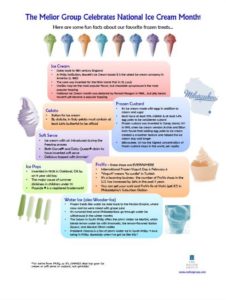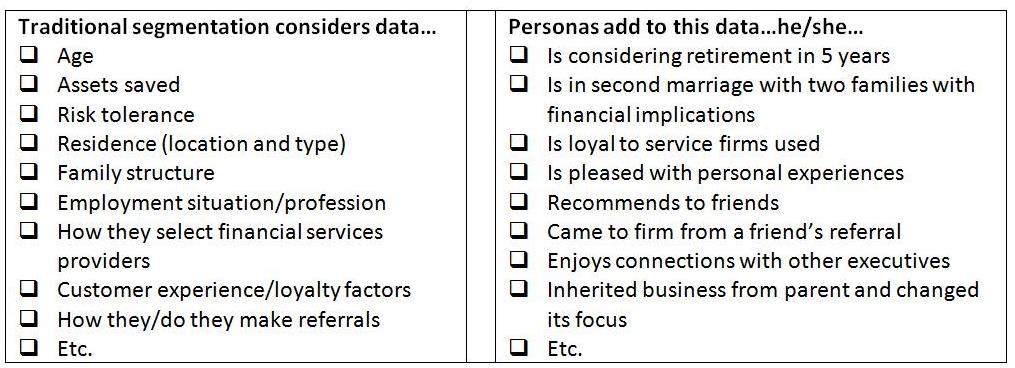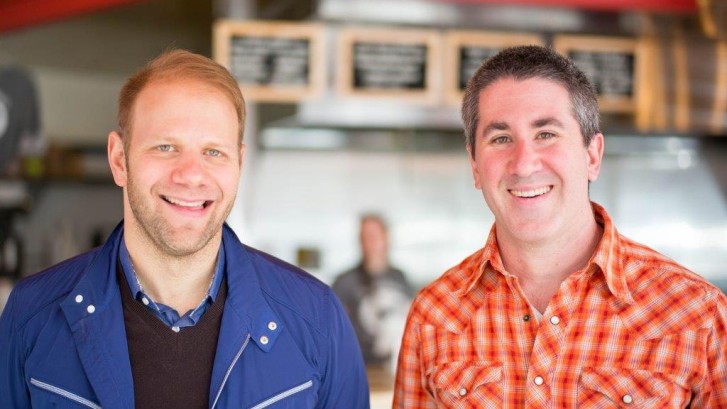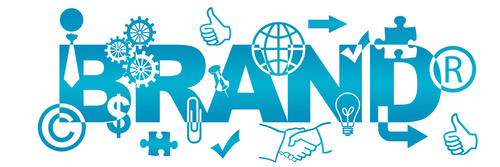When people ask us what we do, one of the things we often say is, “we answer questions for our clients.” And inevitably, we’re then asked, “What kinds of questions? Why are the asking this of you?”
Frankly, this is why we’re in business. Our daily challenge is to assist our clients in taking the management issues they regularly wrestle with, and shaping them into questions that we can then use in our research. We gather information, with these questions as a backdrop. The answers are enlightening and provide clear paths to follow with strategic next steps.
Let’s look at the higher education sector as an example. We’re asked to solve issues involving admissions, enrollment, programming, curriculum, and community relationships. Here are just some of the questions our clients have asked us to help answer through our work.
If we build it, will they enroll?
It can cost hundreds of thousands of dollars to build and launch a new program, and administrators want to know what they’ll need to do to make it successful before they invest the time and money into its creation.
How will workforce trends impact our programming/curriculum?
More colleges and universities seek to offer programs that teach students skills for jobs that are available in the local and regional market. This may lead to offering more non-credit and certificate courses.
How can we better serve our surrounding community?
Most universities have moved past the traditional “town and gown relations” model and have started to really take a look at what programs and services could be provided to make their institutions an asset to the local community.
Why didn’t students enroll?
Knowing why an institution didn’t make the final cut is as important as understanding what put the institution in the initial consideration set.
What’s the best way to deliver our courses?
Full time, part time, online, in person, and hybrids are all successful ways to deliver courses. Clients often ask what the right mix is for their students.
Will changes to our curriculum be viewed positively by prospective employers of our students?
We’re proponents of understanding how employers perceive recent graduates… and we often provide insights about what’s lacking in today’s graduates. We now know that soft skills, such as work ethic, emotional intelligence, and communications skills are highly important. Educators want to know how to build curricula to prepare students for today’s workforce.
How do we manage our brand reputation (especially) after a crisis?
After an institution receives unflattering headlines in the (social) media, savvy institutions look to measure the impact on an institution’s brand to prepare to take the steps that will help fix the situation.
What is the value of a college degree to prospective students and their parents?
In the past, quality learning, being prepared for the future, and “getting a job” have all been touted as the value of a college education. But times are changing, as are the many reasons why a college degree is important.
Should we be offering interdisciplinary programs and courses?
As consultants, we just want to emphatically say “yes”! But, the value of research is to understand what’s important to the market (prospective students, employers) and leverage what we learn to help build a valuable interdisciplinary focus.
What’s the best way to partner with community colleges as a funnel for admissions to four year institutions?
One community college in our area took a controversial approach to funneling students to a four year college – and we even wrote a blog post about it.
Our research can help higher education clients explore all of these questions and more. Give us a call or shoot us an email and let us know what management issues your institution faces.
In future posts, we’ll explore the questions that clients in our other sectors (healthcare, mission-based/non-profit) have asked us to answer – stay tuned!
To learn more about our work with colleges and universities, please contact Elizabeth Foley [email protected] / 215-545-0054 x111 or Linda McAleer [email protected] / 215-545-0054 x104.











